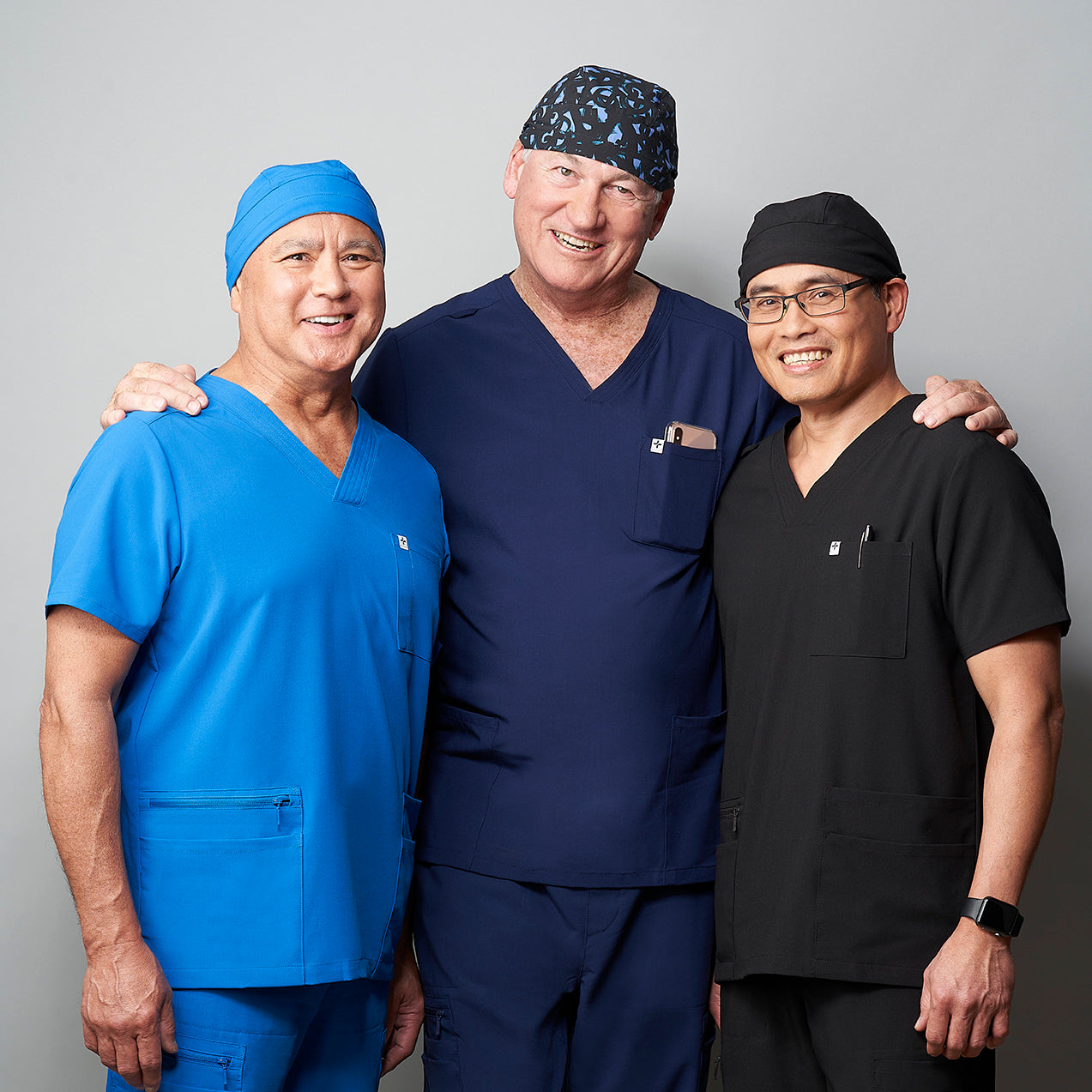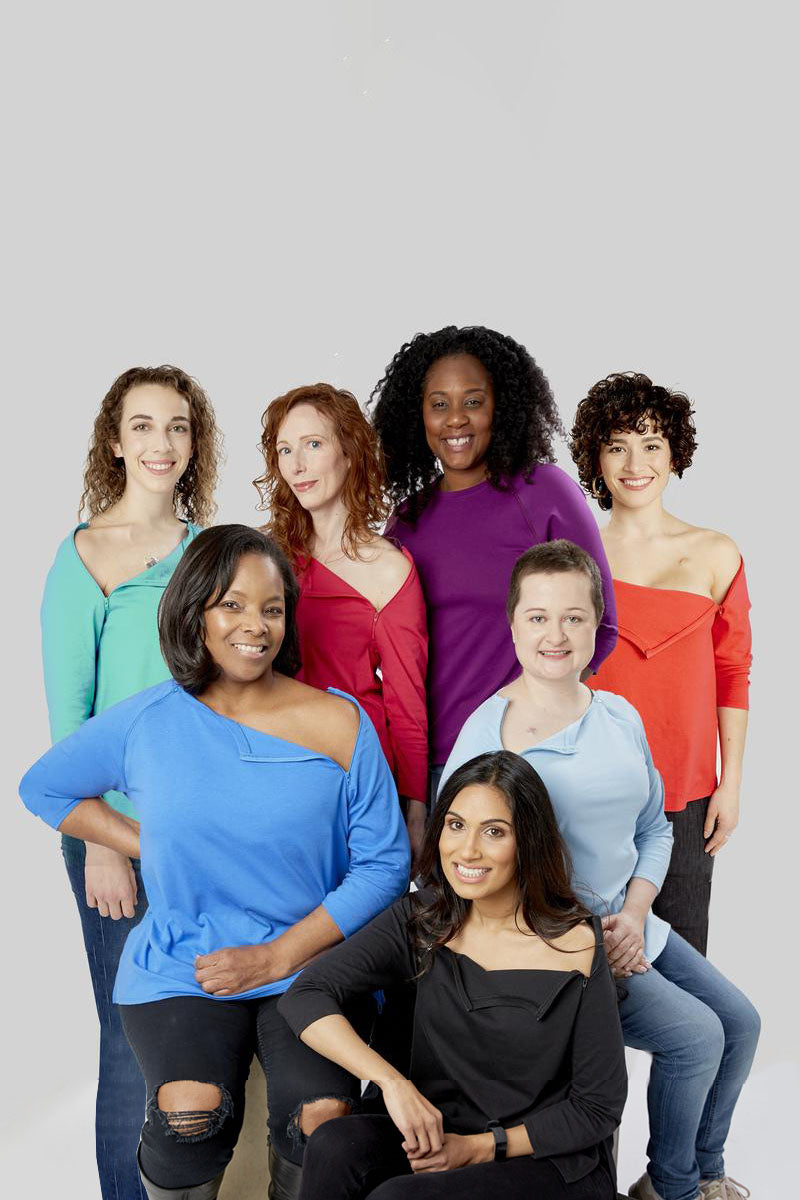In recent years, the modern celebrity’s job description has expanded to include the role of health advocate. When celebrities are candid about their battles with illness or disease, they often spark widespread discussion about their condition. From Shannon Doherty’s continuing battle with breast cancer, to Yolanda Foster and her family’s struggles with Lyme disease, celebrities continue to demonstrate their powerful hold on the public mind.
Katie Couric is one powerful example. In the months after she had a colonoscopy on NBC’s “Today” show, nationwide rates for the test jumped more than twenty percent. Researchers for the University of Michigan Health System and the University of Iowa called the phenomenon the “Katie Couric” effect.
Conversely, after Kylie Minogue’s widely publicized breast cancer diagnosis in 2005, breast imaging among 25-44-year-old Australian women increased twenty percent. However, the number of breast cancers requiring surgical excision did not change, suggesting that Minogue’s announcement led to excessive breast imaging in women who were not recommended to undergo routine screening. Oftentimes, celebrities exhibit a terrifying amount of influence on subjects that they are not experts in. Anti-vaxxers like Jenny McCarthy are great example.
In this blog post, we’ll be exploring the strengths and weaknesses of this level of influence. Are celebrities really qualified to talk about disease? Is just raising awareness enough?
Let’s begin with celebrity cancer advocacy:
In May 2013, Angelina Jolie announced via a New York Times op-ed that she had undergone a preventative double mastectomy. Jolie has a defective BRCA1 gene, which means she has a much higher than average risk of developing breast or ovarian cancer, diseases which killed her mother, grandmother, and aunt. Knowing that she was likely to develop breast or ovarian cancer, Jolie chose a mastectomy and brought renewed interest to genetics and cancer, as well as debate about available cancer prevention tactics and cancer treatments. However, cancer research institutions were quick to point out that her decision placed little, if any, emphasis on the need to fund life-saving cancer research.
When celebrities discuss their battles with cancer, they sometimes give little attention to cancer funding or research. Instead, their advocacy remains limited to their personal journey and spreading awareness. Prevention and early detection through screening will always be an important part of the conversation, but so is better treatment through scientific research. Many celebrities recognize this and participate in PSA campaigns about cancer research for charities such as “Stand up to Cancer” that support the Cancer Research Institute.
Now, let’s move onto Lyme disease:
Recently, Lyme disease has shifted into the public eye through an increasing number of celebrity advocates. From Yolanda Foster and her two children, to Avril Lavigne, many celebrities have been treated for symptoms of chronic Lyme disease. The controversy lies in the fact that, officially, chronic Lyme disease doesn’t exist. The chronic Lyme community is composed of the self-diagnosed, “Lyme-literate” doctors, and advocacy groups such as the International Lyme and Associated Diseases Society. They argue that the medical establishment is engaged in a willful and reckless disregard of the truth about an epidemic that is silently getting worse. In fact, activists at the LymeDiseaseNetwork.com estimate that over a million Americans have chronic Lyme.
In the case of Lyme disease, awareness is powerful. Celebrities represent and promote an alternative narrative of the disease, one that differs significantly from the narrative put forth by evidence-based medicine. Their status gives them sympathy from the media, who presents a narrative that’s more appealing and acceptable: the crusading celebrity who has overcome disaster to inspire fans. “Lyme Times”, a chronic Lyme magazine, tracks and celebrates the national attention brought by celebrities, framing it as an essential component of representation.
“Invisible disease” is one of the many phrases chronic Lyme activists use to describe their pain. It is also why celebrity is so necessary to bring attention to it. Celebrities are able to render the invisible disease visible on a national scale. To see them is to know them, and they lend credibility to chronic Lyme.
Finally, let’s discuss mental illness:
Like Lyme disease, mental illnesses have a stigma associated with them that leads to a lack of empathy and discrimination. This makes it difficult for people who suffer from them to discuss them openly and seek help. With almost nineteen percent of the United States experiencing a mental illness in any given year, it should come as no surprise that many celebrities live with mental illness too.
Demi Lovato is one outspoken celebrity mental health advocate. After experiencing bipolar disorder and an eating disorder, she has become a familiar voice for people with mental illnesses and honest about the difficulties associated with recovery. Through the project “Mental Health America”, Lovato encourages people with mental illness to speak openly about it with their doctor, support system, family, and friends.
Lena Dunham is another celebrity who encourages candor and honesty at its most extreme when it comes to mental health. By writing about her experiences with OCD in her book “Not That Kind of Girl”, portraying them in show “Girls”, and documenting them on social media, Dunham slowly chips away at the shame and misunderstanding that people with mental illnesses feel. Although some critics argue that Dunham’s willingness to shock has the side effect of nullifying the idea that she has something important to say, Dunham’s powerful ideas about mental health cannot be so easily dismissed as just TMI.
By speaking out about their experiences and what they do to take care of themselves, celebrities help to decrease the stigma associated with living with a mental illness.
On one hand, celebrities can increase public awareness of medical conditions and encourage people to be more proactive with their health. However, celebrities are not medically trained, and the uneducated public may be inappropriately swayed by their advice. For instance, the public is more likely to listen to their favorite actress’ opinions on breast cancer screening than that of the United States Preventive Services Task Force. While we may not be able to change celebrities’ actions, we should be aware of the information our patients are receiving so that we can encourage the sharing of only beneficial messages and correct any misinformation.
We hope you found this blog post informative, feel free to send us comments, questions, or more blog post ideas at wecare@careandwear.com!










Leave a comment (all fields required)